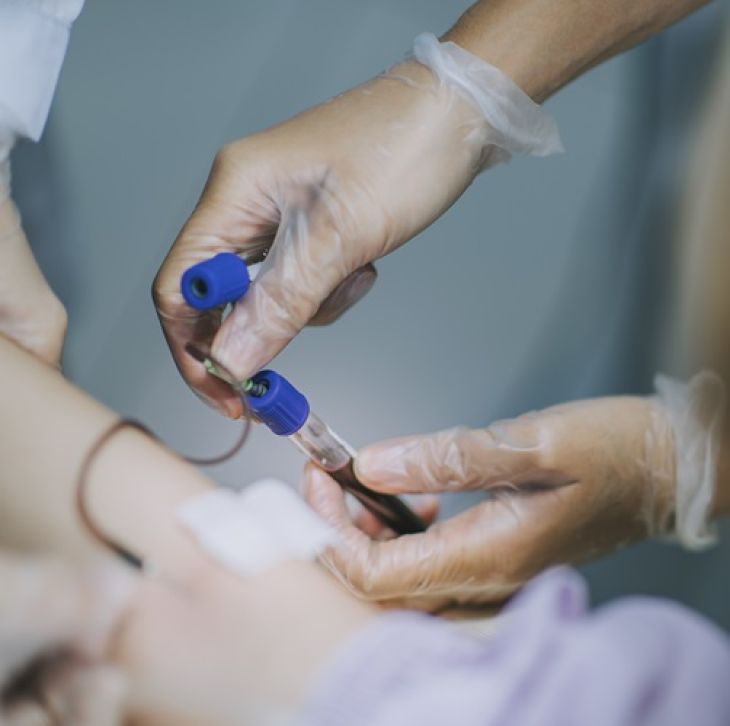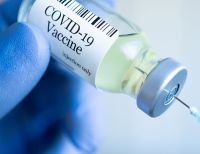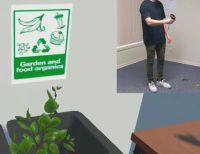19 July 2024
 Image: Getty
Image: Getty
Researchers from the University of South Australia have developed a new technique to significantly enhance a powerful treatment for leukaemia and other blood cancers.
More than 300 Australian adults and children are diagnosed with acute lymphoblastic leukaemia (ALL) every year, and relapsed B-cell ALL is the leading cause of cancer-related deaths in children and young adults.
Chimeric antigen receptor (CAR) T-cell therapy is a powerful new immunotherapy treatment for patients with aggressive lymphomas. The process takes immune cells from a cancer patient, reprograms them to attack the tumour, and then reinjects them into the patient, where they get to work binding to cancer cells and killing them.
The UniSA research has shown the potential of a microfluidic technology, called inertial spiral microfluidics, to improve the CAR T-cell manufacturing process by efficiently removing contaminating cancerous cells and other large white blood cells. These cells can otherwise interfere with the CAR T-cell manufacturing process and reduce the effectiveness of the treatment.
The work was partly funded by Carina Biotech, an Australian clinical stage immunotherapy company established to research and develop CAR T-cell therapies to treat solid cancers.
UniSA’s Future Industries Institute PhD graduate Dr Mona Elsemary says that CAR T-cell therapy is promising but ensuring the purity of T-cells extracted from patients is a challenge and a key bottleneck in the routine clinical use of this ground breaking immunotherapy.
“Our research aims to solve this problem with the use of inertial spiral microfluidics, which we’ve found effective in removing unwanted contaminating cells,” Dr Elsemary says.
“This technology is more effective than other recently commercialised microfluidic platforms.
“It achieves greater T-cell purity while offering higher recovery rates, which is the key to more successful CAR T-cell therapy – especially in patients with common blood cancers like B-cell ALL.”
While CAR T-cell therapy can cost over $500,000, the disposable devices used during inertial spiral microfluidics are inexpensive and can be easily integrated into the current processes, potentially decreasing costs by up to 14% given a reduced need for rooms and personnel.
UniSA’s Professor of Bioengineering and Researcher at the Future Industries Institute, Professor Benjamin Thierry, says the research team’s results are promising.
“Next steps would be clinical trials, and then optimising the process for different types of cancers,” Prof Thierry says.
“Once the effectiveness and safety of this new technology has been confirmed, it could be integrated into the CAR T-cell manufacturing pathway, which we anticipate would lead to more efficient and cost-effective CAR T-cell therapy.
“This research may be a key to providing cancer patients with more effective and accessible treatment.”
Media contacts:
Megan Andrews M: +61 434 819 275 E: [email protected]
Maddie Rawlings E: [email protected]
Researcher contacts:
Dr Mona Elsemary [email protected]
Professor Benjamin Thierry [email protected]
















